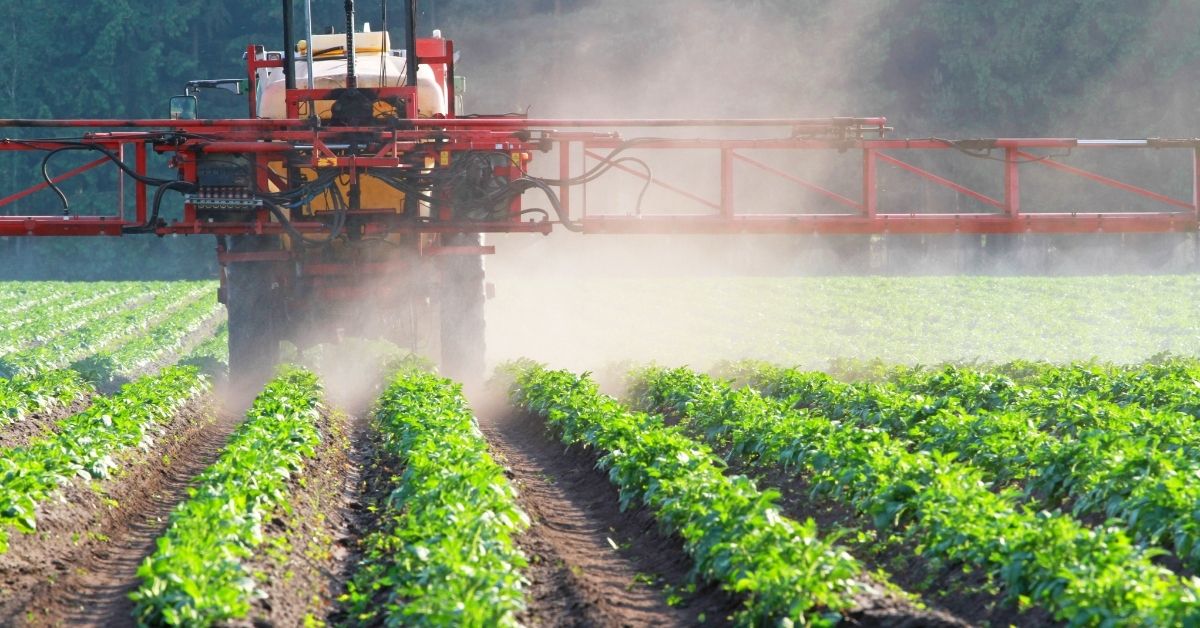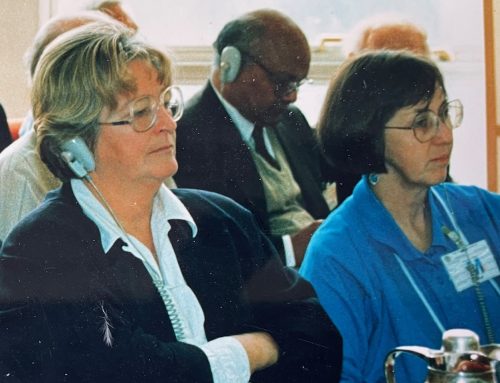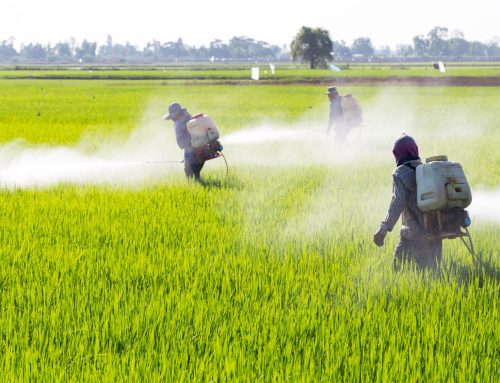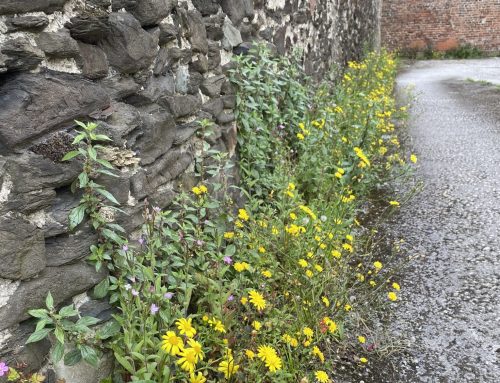On Friday 4th December, the UK Government published the long-awaited UK ‘Revised National Action Plan for the Sustainable Use of Pesticides’ (NAP). The draft, which has been agreed between Defra and the devolved administrations, was released alongside a public consultation that will last for 90 days ending on 26th February 2021. Full details available at https://consult.defra.gov.uk/pesticides-future-strategy/sustainable-use-of-pesticides-national-action-plan/
The BIG news is that the draft includes a commitment from the Government to “Establish a clear set of targets for reducing the risks associated with pesticide use by 2022”. PAN UK has been campaigning for pesticide reduction targets in the UK for over a decade. If implemented properly and coupled with a support package for farmers to help them adopt non-chemical alternatives, these targets have the potential to drive a major reduction in pesticide-related harms to both human health and environment across the UK. We will be working hard to ensure that the targets are designed in a way which leads to the biggest benefits for both people and wildlife.

PAN UK will submit and publish a full response to the NAP consultation early next year and will also be providing a simple way for members of the public to respond. But for now here is an outline of a few key areas in the draft that have given us some hope, and also note a few glaring omissions.
Examples of things we like in the draft NAP:
- Promoting the uptake of Integrated Pest Management (IPM) – IPM can be defined as an approach in which pesticides are used only as last resort. PAN UK has long campaigned for increased support for UK farmers to adopt IPM and that it sits so prominently in the current draft NAP is encouraging. The draft includes improved advice for farmers and training for agronomists in IPM but falls short of guaranteeing that farmers need to reduce their pesticide use.
- Development of a human bio-monitoring scheme – introduction of a scheme that would be specifically aimed at monitoring human exposure to pesticides is to be welcomed. Currently we know very little about the scale or long-term effects of human exposure to pesticides in the UK. While the NAP draft states that the Government will ‘consider’ introducing such a scheme, we will be pushing to make sure it happens.
- Preventing the sale of professional pesticides to non-certified users – addressing the sale of pesticides to those that are not trained to use them is a useful measure to have included in the NAP. At the moment there is a glaring loophole that allows anybody to purchase any pesticide via the internet without having to prove that they are qualified which leads to dangerous misuse.
Examples of important areas currently missing from the draft NAP:
- Phase out or ban on the use of non-agricultural pesticides – something that is long overdue and possible to achieve. There really are no valid reasons for use of pesticides in urban areas where the public live, work and play. Phasing them out over a short period of time would reduce public exposure to pesticides, help urban biodiversity and stimulate the green economy. Many councils across the UK have already gone pesticide-free and there is no reason that this couldn’t be extended across the UK.
- Research and development of nature-based solutions – the draft NAP outlines a range of research and development initiatives that are either planned for the near future or are already taking place. While it lists technological innovations such as big data, artificial intelligence and robotics which do have a role to play in reducing pesticide-related harms, it entirely ignores research into agroecological innovations which have great potential to reduce the need for pesticides by farming with nature instead of against it.
- Prior notification of pesticide spraying – this is a measure that PAN UK has been urging for many years. The public, whether rural or urban residents, have a right to know when pesticides are going to be sprayed in the vicinity of their homes Such a measure would not place an onerous burden on farmers or other users. It is in fact already recommended in pesticide best practice guidance but mostly ignored.
- Lack of support for organic production –PAN UK would like to see the inclusion of support for organic agriculture in the NAP (in fact the word ‘organic’ is not used once in the entire document). This should take the form of support for farmers to convert to organic, acknowledgement that organic production is the gold standard of IPM and for the inclusion of organic production systems to be included in the research and knowledge sharing measures.
Overall, the draft NAP contains some big wins but also some major omissions. The pesticide industry and agribusiness will be mobilising to water down the draft so the battle to defend the wins begins now, as does the campaign to ensure that the gaps are filled.
PAN UK is working with a coalition of academics, trade unions, farmers and organisations from across the health and environment sectors to ensure that the NAP offers the best possible protections to UK citizens and wildlife.
Sign up to receive PAN UK emails and we will let you know how and when to get involved.





